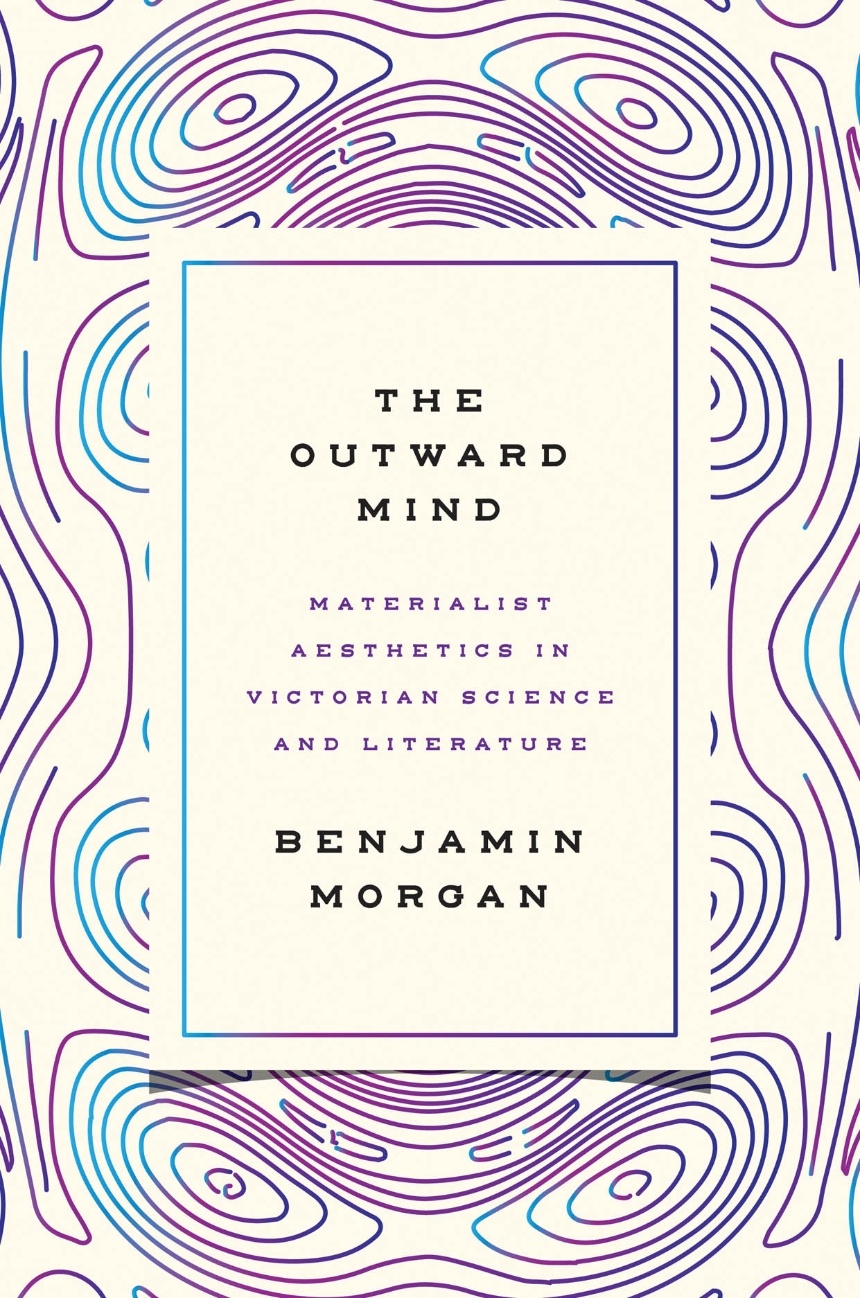The Outward Mind
Materialist Aesthetics in Victorian Science and Literature
9780226462202
9780226442112
9780226457468
The Outward Mind
Materialist Aesthetics in Victorian Science and Literature
Though underexplored in contemporary scholarship, the Victorian attempts to turn aesthetics into a science remain one of the most fascinating aspects of that era. In The Outward Mind, Benjamin Morgan approaches this period of innovation as an important origin point for current attempts to understand art or beauty using the tools of the sciences. Moving chronologically from natural theology in the early nineteenth century to laboratory psychology in the early twentieth, Morgan draws on little-known archives of Victorian intellectuals such as William Morris, Walter Pater, John Ruskin, and others to argue that scientific studies of mind and emotion transformed the way writers and artists understood the experience of beauty and effectively redescribed aesthetic judgment as a biological adaptation. Looking beyond the Victorian period to humanistic critical theory today, he also shows how the historical relationship between science and aesthetics could be a vital resource for rethinking key concepts in contemporary literary and cultural criticism, such as materialism, empathy, practice, and form. At a moment when the tumultuous relationship between the sciences and the humanities is the subject of ongoing debate, Morgan argues for the importance of understanding the arts and sciences as incontrovertibly intertwined.
368 pages | 30 halftones | 6 x 9 | © 2017
Art: Art--General Studies
History: History of Ideas
Literature and Literary Criticism: British and Irish Literature, General Criticism and Critical Theory
Reviews
Table of Contents
Introduction: Materialist Aesthetics
Part One: Toward a Science of Beauty
1. Form: Harmony and Attunement in Empirical Aesthetics
2. Response: The Scale of Affect in Physiological Aesthetics
Part Two: The Outward Turn
3. Materiality: Walter Pater and Late-Victorian Materialisms
4. Practice: William Morris’s Socialist Physiology
5. Empathy: Counting Words with Vernon Lee and I. A. Richards
Epilogue: Wildean Neuroaesthetics
Acknowledgments
Notes
Bibliography
Index
Part One: Toward a Science of Beauty
1. Form: Harmony and Attunement in Empirical Aesthetics
2. Response: The Scale of Affect in Physiological Aesthetics
Part Two: The Outward Turn
3. Materiality: Walter Pater and Late-Victorian Materialisms
4. Practice: William Morris’s Socialist Physiology
5. Empathy: Counting Words with Vernon Lee and I. A. Richards
Epilogue: Wildean Neuroaesthetics
Acknowledgments
Notes
Bibliography
Index
Awards
British Society for Literature and Science: BSLS Book Prize
Shortlist
Northeast Victorian Studies Association: Sonya Rudikoff Award
Won
